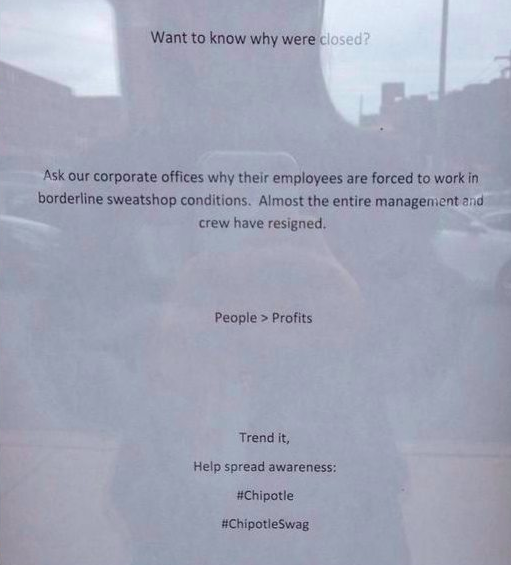Are you working in a HR department that sucks? You know if you are, it’s alright, you can admit it – it’s the first step of changing it.
I bet I talk to over a hundred HR Pros a year that begin the conversation with – “our HR department sucks!” or “my company doesn’t get it when it comes to HR” or “Our HR department is terrible”. It’s not the outlier, it’s the norm. So, many HR Pros working in HR functions where the organization has the feeling that “HR” sucks in our company. If you’re not in one now – great – but chances are you have either been in one before, or eventually you’ll make a “grass is greener” decision and put yourself into this situation.
You know what? We have the power to make HR Suck Less. Yes, you do. Stop it, you do. No really, you do. Alright that’s enough, just play along with me at least!
Here are the 3 steps to making HR Suck Less:
1. Stop doing stuff that Sucks. But Tim! We have to do this stuff. No you don’t – if your HR shop blew up tomorrow – your organization would still go on. Over time you’ve “negotiated” to do all this sucky stuff – thinking it would “help” the organization, or give you “influence”, etc. Stop that. Give it away, push it out to other departments – start doing stuff that doesn’t suck, more than doing stuff that does suck. It’s not easy, but it can be done, little by little.
2. Get rid of people in HR who Suck. Some people get real comfortable with sucking. They wear their suckiness around like a badge of honor. You need to cut the suck out of your department – like cancer!
3. Stop saying that you Suck. We brand ourselves internally with everything we do – and if you say that you suck at something – the organizational will believe you suck at something. If you say we are the best in the industry at recruiting our competitions talent away from them – you’ll be forced to live up to that – and little by little you will live up to that and the organization will begin to believe it as well. Signs and Symbols!
Every single HR Shop who feels they suck – doesn’t have to suck. If you feel you don’t suck, but everyone else tells you that you suck – you suck. You’re just delusional and you keep telling yourself things like “we have to do this stuff”, “it’s the law”, “we don’t have a choice”, etc. This is the first sign you’re comfortable with sucking – you aren’t listening to your organization.
No one has to suck – you can decide to do things in a complete different way. Perception is reality in terms of sucking. You need to change perceptions, not reality. You can still accomplish the exact same things, just do it in a way that people think you rock. Start saying “Yes” to everything – not “No”. “No” sucks.
Sucking less is a decision – not a skill. You all have the skills – you just need to make the decision – to stand up and believe – Today we will no longer Suck!


